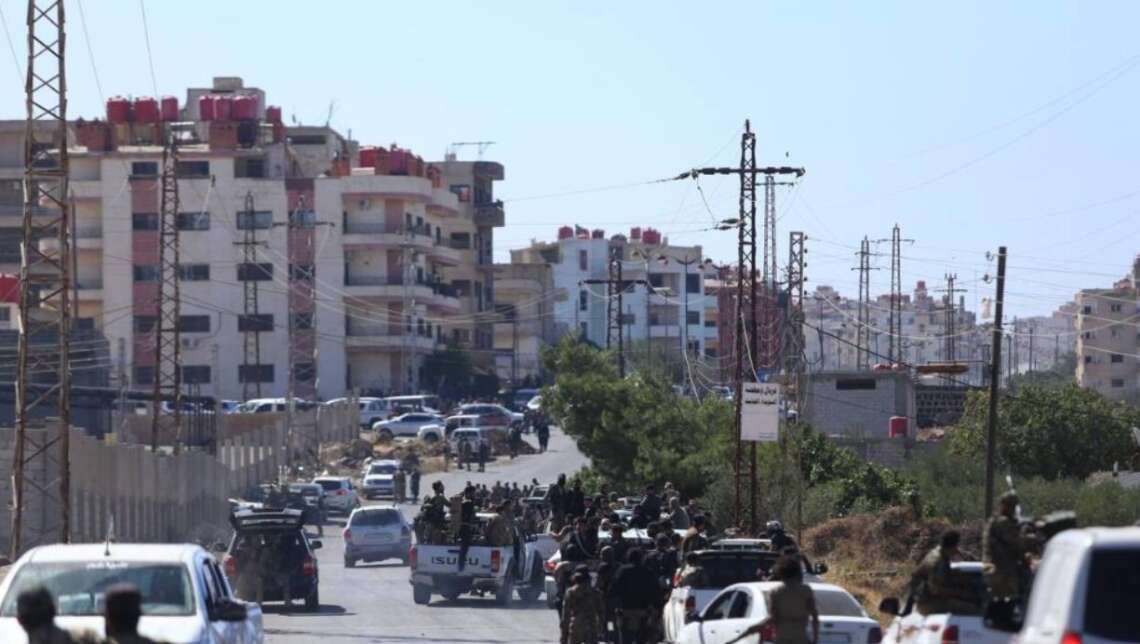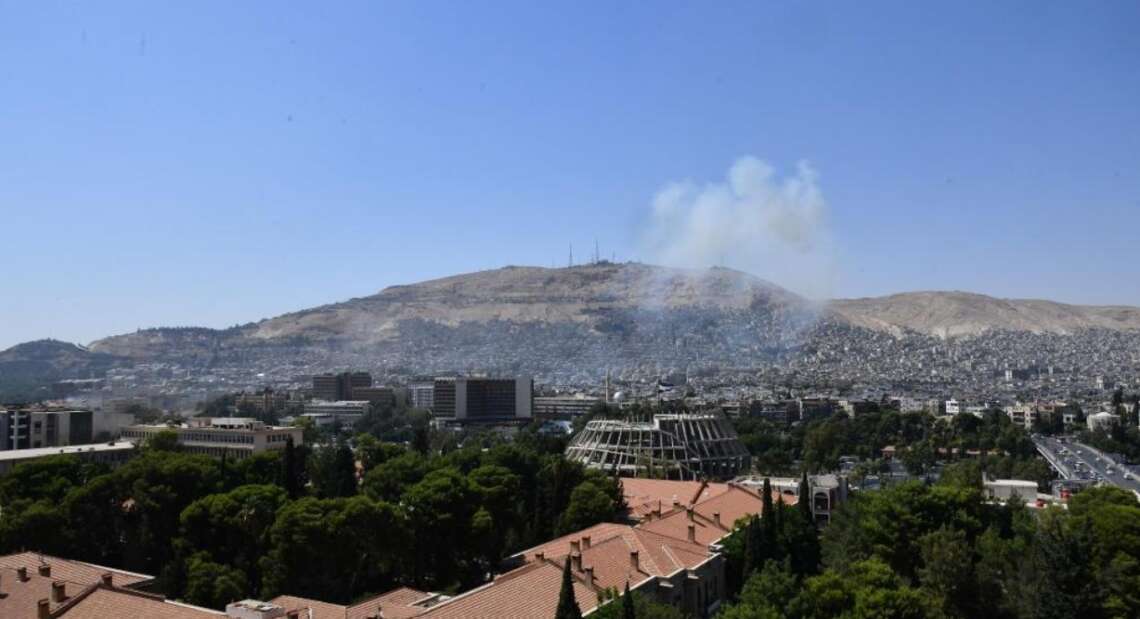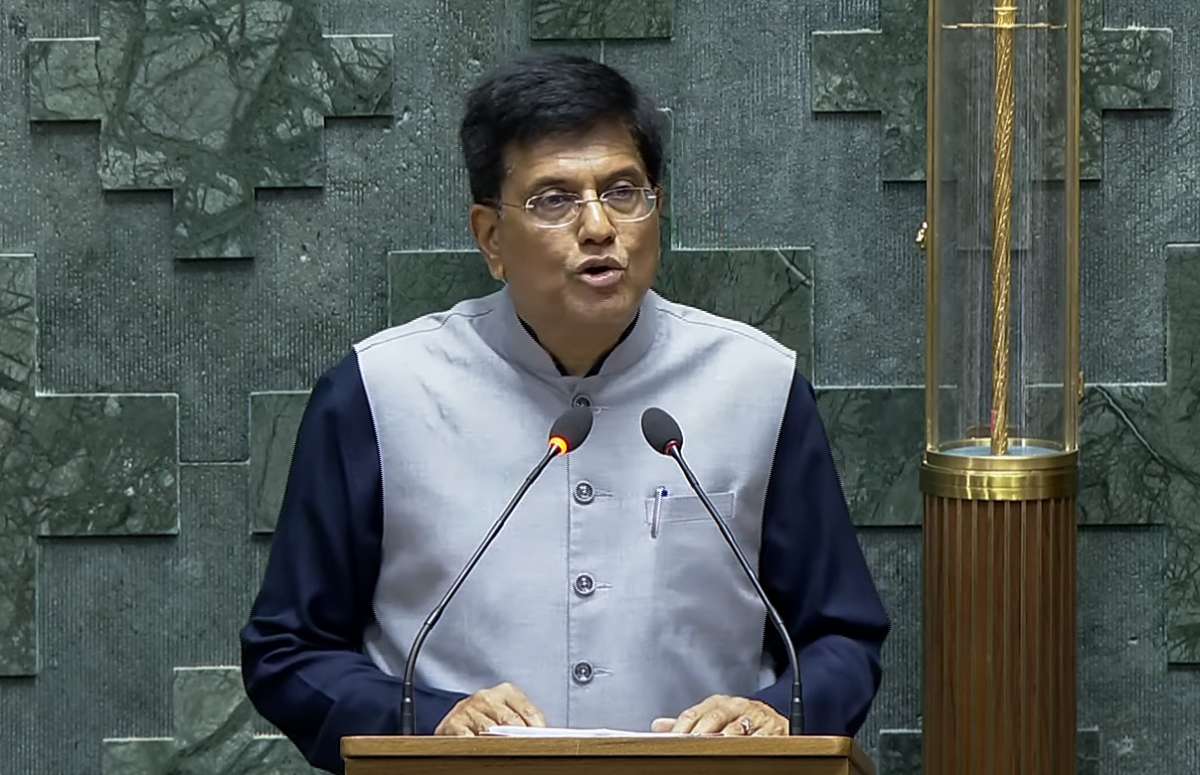Jordanians struggle against soaring food prices during Ramadan
For the ongoing Muslim holy month of Ramadan, Jordanians, feeling the pinch of soaring food prices, have budgeted more stringently by making fewer and cheaper purchases.
“Prices have gone up a lot compared with before. So I searched the market, compared prices, and bought cheaper goods,” Helmi Alzaben, a Jordanian who shopped for Ramadan, told Xinhua.
“I also try to reduce the quantities, especially cooking oil, meat and milk, as their prices have risen dramatically. I may stop buying some items if their prices keep rising,” Alzaben said, adding his only solution to the price increases is to cut spending.
The country’s staple foods, which heavily rely on imports, have been facing a shortage since a conflict between Russia and Ukraine broke out in late February, driving prices up in the local markets.
Food dealers said the prices of some items have increased by an average of 20 percent to 50 percent, while those of vegetables such as tomatoes and aubergines have even doubled since the beginning of Ramadan.
“The price of vegetable oil almost rose by 50 percent … Without enough imports, the prices went up,” said Mohammad Jbour, an owner of a supermarket in eastern Amman.
Some types of vegetable oil stand at 3.8 Jordanian dinars (5.36 U.S. dollars) for a pot of two liters, significantly up from 2.5 dinars before Ramadan, Jbour added.
Mustafa Alsheikh, an owner of a vegetable and fruits store in Amman, noted that commodity prices and customer demand may rise during Ramadan, but have never been to such an extent this year.
“I used to sell one kg of aubergine before Ramadan for 0.5 dinar but now it costs at least 1.5 dinars and last week it even reached 2 dinars. The problem is that we buy vegetables at a high price as well from the wholesale market and farmers, as production has declined generally,” he explained.
Citing Jordan’s Poultry and Feed Investors Association, local media reported skyrocketing prices of poultry during Ramadan after an increase in demand and feed prices.
The daily average demand for chicken in Ramadan has increased from no more than 700,000 chickens in the past to over 900,000 now, Abdel Shakoor Jamjoum, the association’s president, was quoted by the Jordan Times as saying.
ALSO READ: Ramadan in Palestine
Yanal Barmawi, spokesperson of Jordan’s Ministry of Industry and Trade, told Xinhua that the ministry has set price caps on food items such as poultry and vegetable oil, and sent inspection teams to ensure the full compliance with the price control policy.
The government has also reduced customs duties on 40 percent of basic commodities, state-run Petra news agency reported, citing Minister of State for Media Affairs Faisal Shboul.
Chairman of Amman Chamber of Commerce Khalil El-Haj Tawfiq told Xinhua that the price hike in Jordan reflected a broader trend in international markets amid a shortage in several commodities and a rise in demand and transport costs, which were exacerbated by the Ukraine crisis.
“In Ramadan, consumption is much more than usual and we exchange visits and invitations. Unfortunately, the high prices are negatively affecting how we enjoy and celebrate this holy month,” said Ameer Jamal, a Jordanian father of two. (Xinhua)













